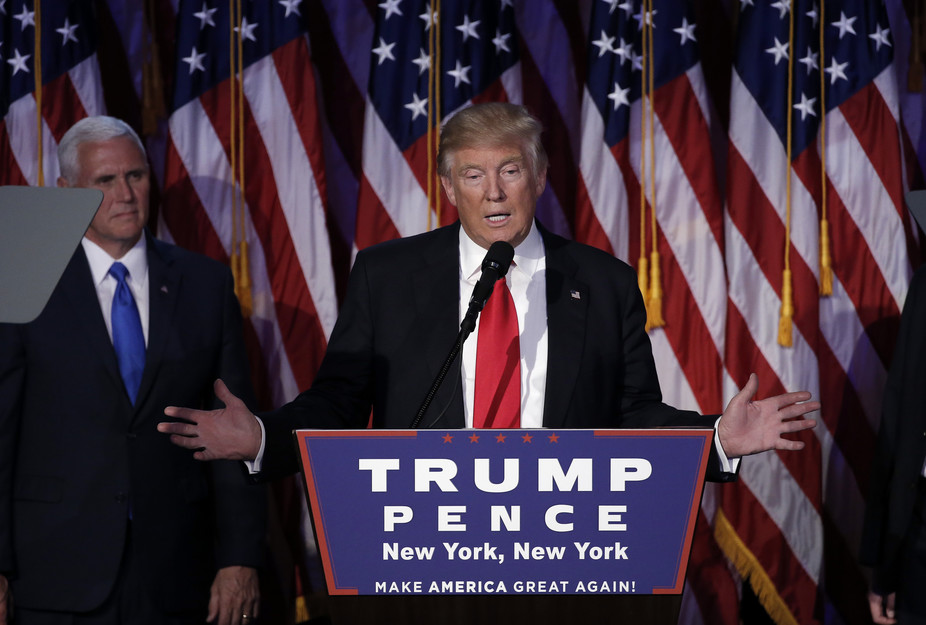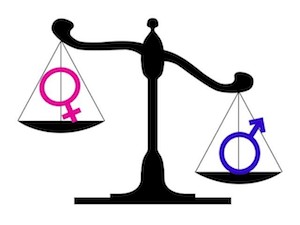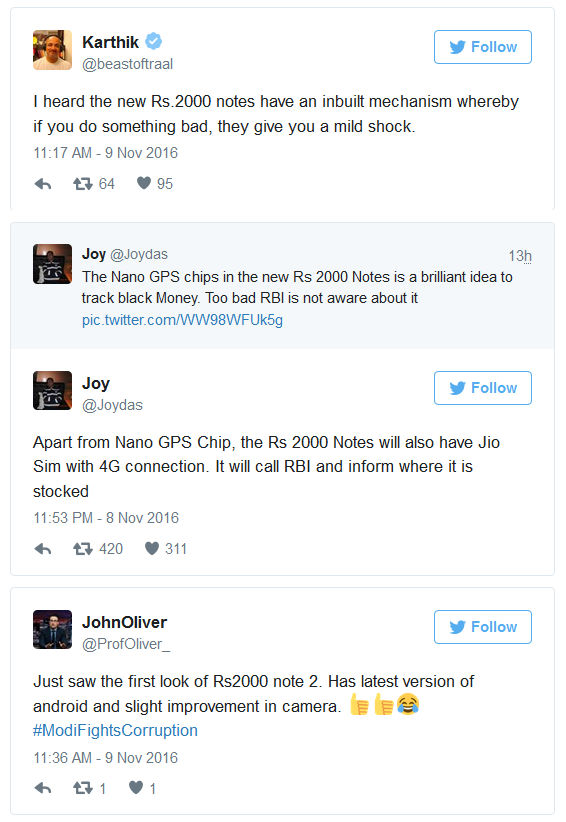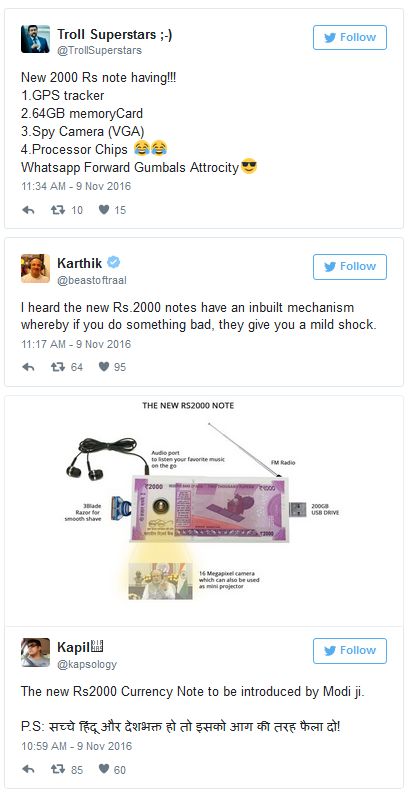Donald J Trump has declared victory in the US presidential election. The candidate took the stage in New York just before 3am local time to announce that his rival, Hillary Clinton, had called him to concede the race.

Donald Trump claims victory in New York. Mike Segar/Reuters
“The forgotten men and women of our country will be forgotten no longer,” the president-elect told a packed room of supporters at the Hilton hotel.
“We will get along with all nations willing to get along with us,” he added.
What does this stunning turnaround mean for the rest of the world? The Conversation Global asked a panel of international scholars to reflect on Trump’s election and assess its significance for their region.
Salvador Vazquez del Mercado: Mexico will face hardships under Trump
Donald Trump has won the election against all expectations – except for those of his supporters. The Brexit-like failure to predict his victory will surely haunt pollsters and hurt public confidence in polls for a long time.
The consequences of his victory will, of course, be much graver than the crisis of prediction. Even if Trump comes through with only a fraction of his campaign promises – which seems more likely now that both chambers of Congress will be controlled by Republicans – markets will react quite negatively, the Mexico peso, which has already suffered a significant depreciation, may fall further. And these are only the short-term consequences of Trump’s victory.
The wall along the US-Mexico border may well be impossible to buildand the millions of undocumented immigrants in the US may not be immediately deported. And, hopefully Trump will not use the nuclear codes at all. But his victory still spells severe trouble ahead for Mexicans, and many other minorities living in the US, who were continually vilified during his campaign.
For Mexico, the end of NAFTA would lead to a severe restriction of trade with the US, which, added to an expected increase in interest rates south of the border and a reduction in the remittances sent by Mexicans up north, will quite probably lead to a severe economic crisis.
In the longer term, the relationship between Mexico and the United States will undergo a severe reconfiguration because, come January, Trump will probably take a very aggressive stance against the country. The future is uncharted and, in the short term, quite complicated.
Chintamani Mahapatra: An unusual election outcome
Donald Trump’s victory in the US presidential election is not a welcome development for the world. But there’s no option but to deal with a man whom the American public has overwhelmingly voted to be the next president of the United States.
The NATO member countries, Japanese, South Koreans, Mexicans and a large number of Muslim countries must have crossed their fingers and are now waiting to see what Trump’s policies towards them will be. Trading partners, especially those that have free trade agreements with the US are also anxious to know about Trump’s trade policy.
The prospective illegal immigrants and prospective Muslim refugees must have been disappointed over the 2016 presidential election outcome. The ISIS must be strategizing to respond to Trump’s “secret plan” to handle the terrorist threat in the Middle East.
At home, large sections of women, African Americans, Hispanics, American Muslims, physically challenged and undocumented workers must have been unsettled by the election results.
However, history tells us that promises and threats made during election campaigns are rarely carried out in words and spirit after election. Donald Trump’s victory speech clearly reflected this when he underlined national unity and a cooperative approach towards countries around the globe.
The individual, political party, the political system and the civil society together determine the politics and process and public policy. The world thus need not worry too much about the things to come during next four years of Trump Administration.
Subarno Chattarji: Trump and India
It is too early to think about the impact of a Donald Trump presidency on India-US relations. Some patterns between the 2014 elections in India and the current one in the US are, however, discernible. Mr. Trump’s election represents the victory of a strong man – “Only I can fix it” – railing against media, political, and intellectual elites in whose favour the system is “rigged”. His victory is indicative of insecurities and resentments amongst a majority and the desire to return to a purer, better, ‘original’ America which was largely white and where everyone knew their place. While American isolationism, exceptionalism, and xenophobia are not new they find unique expression in the figure of Mr. Trump. As with Mr. Trump the Indian Prime Minister was elected on premises and promises of better days and the idea of a charismatic strong man leading the nation out of the morass of poverty, unemployment, secular politics, elites, minority appeasement etc. Like Mr. Trump the current political leadership in India is emblematic of an us-versus-them mentality and intolerant of dissent, critical thinking, or inconvenient institutions. (Unsurprisingly Mr. Trump has fans in India and amongst Indian immigrants in the US). The rightward shift in democracies the world over has specific resonances, parallels in India and the US.
Richard Maher: the view from Europe
In a stunning electoral upset, Donald Trump has defeated Hillary Clinton to become the 45th President of the United States. Virtually every pre-election forecast suggested a comfortable or even decisive Clinton victory. Instead, Trump – a man that many European leaders and citizens view as manifestly unqualified and unprepared for the position – will become president of the world’s sole superpower in January.
Trump’s victory is almost certainly being met across European capitals this morning with alarm, shock, and dread. Trump has called the NATO alliance “obsolete”, spoken admiringly of Russian President Vladimir Putin, and said the British vote in June 2016 to exit the European Union was “a great thing”.

In London, spectators react to the television coverage of election. Hannah McKay/Reuters
Unlike in the United States, the European public was solidly against the idea of a Trump presidency. In a poll published by the Economist on November 8 showing how other countries would vote in the US election, huge majorities favoured Clinton. According to a Pew Research surveypublished in June, overwhelming majorities of Europeans polled said they had “no confidence” that Trump “would do the right thing regarding world affairs”.
Now European leaders must anticipate how a Trump administration will affect transatlantic relations and the many common challenges the United States and Europe face, from an increasingly assertive Russia, a relentless migration crisis that threatens to tear Europe apart, and Britain’s future in the EU.
More broadly, Trump’s election questions the future of US global leadership. Since the end of World War II, the United States, along with key European partners, built and then sustained an open, rules-based international order defined by free trade, military alliances, and international institutions such as the United Nations, International Monetary Fund, and World Bank. With Trump’s victory, the very future of this liberal international order is in peril.
William Case: what Trump’s victory means for Southeast Asia
With so many countries in the region already leaning toward China, does Donald Trump’s election to the US presidency matter for Southeast Asia? It does, at least a little.
To see understand how, imagine what the impact would have been if Hillary Clinton had won. She maintained a strong interest in trade, even if forced by voters during the election campaign to backtrack on the Trans Pacific Partnership. She vigorously denounced China’s takeover of the South China Sea, even as claimants in Southeast Asia have begun to cave in. And she might have retained some of the good will in Indonesia — and in Myanmar — that Barack Obama was able to generate. So Clinton might have slowed, though not reversed, China’s suffocating embrace of Southeast Asia.
After all, Southeast Asia is not a topmost concern for the US. But for China, it is. And China offers leaders in the region irresistible inducements, namely, near bottomless investment and lending for high speed railways, ports, and energy grids. To be sure, as the bills come due and exclusive economic zones are lost, citizens may rue the terms into which their leaders have entered. But by then, Hillary Clinton’s presidency would have passed.
By contrast, with Donald Trump in the White House, Southeast Asia’s entry into China’s orbit will quicken. Indeed, his repudiation of trading relations and security commitments seems to leave countries in the region with no alternative. And his anti-Muslim vitriol will add steam, especially in Indonesia, Malaysia, and the Philippines.
Trump’s presidency, then, will accelerate Southeast Asia’s progress along China’s new Silk Road. But interestingly, by doing so, the costs for Southeast Asia may grow apparent much sooner.

Guests at Hillary Clinton’s election night rally watch returns at the Jacob K. Javits Convention Center in New York. Rick Wilking/Reuters
Jay Batongbacal: issues in the South China Sea will go on the back-burner
Donald Trump taking the reins of the US presidency could mark the sunset on Pax Americana in the Asia Pacific, and clear away any remaining resistance to China’s rise to regional preeminence.
A relatively isolationist and localised focus on the part of his administration as he attempts to fulfil his electoral promises would likely leave issues such as the South China Sea on the back-burner. ASEAN hedging patterns will cause member states to gravitate towards China even more.
The US rebalancing in Asia under President Barack Obama, and the country’s alliance commitments in the region could also be severely undermined given Trump’s lack of appreciation for the role played by America’s security relationships in US global political and economic leadership. The only hindrance to this lies in the fact that US geostrategic policy for the Asia-Pacific has been a largely bipartisan matter in the US Congress.
But Trump’s tenuous links to the Republican Party, lack of real leadership thereof, and non-attachment to Republican ideals, puts into question the responsiveness and effectiveness of that policy in the face of more solid and coordinated leadership within regional powers such as China and Russia, which will have an unparalleled opportunity to fill in any voids the US may leave.
For the Philippines and its President Rodrigo Duterte, this is a fortunate coincidence as it accommodates his oft-stated aversion to US influence and commentary on his domestic policy, and distrust of the US.
Authored by:
William Case
Professor of Comparative Politics, City University Hong Kong
Janjira Sombatpoonsiri
Assistant Professor, Thammasat University
Jay Batongbacal
Associate Professor of Law, University of the Philippines
Richard Maher
Research Fellow, Robert Schuman Centre for Advanced Studies
Salvador Vázquez del Mercado
Lecturer on Public Opinion and Research Methodology, Universidad Nacional Autónoma de México (UNAM)
(This article was first published on Conversation.com.)




















